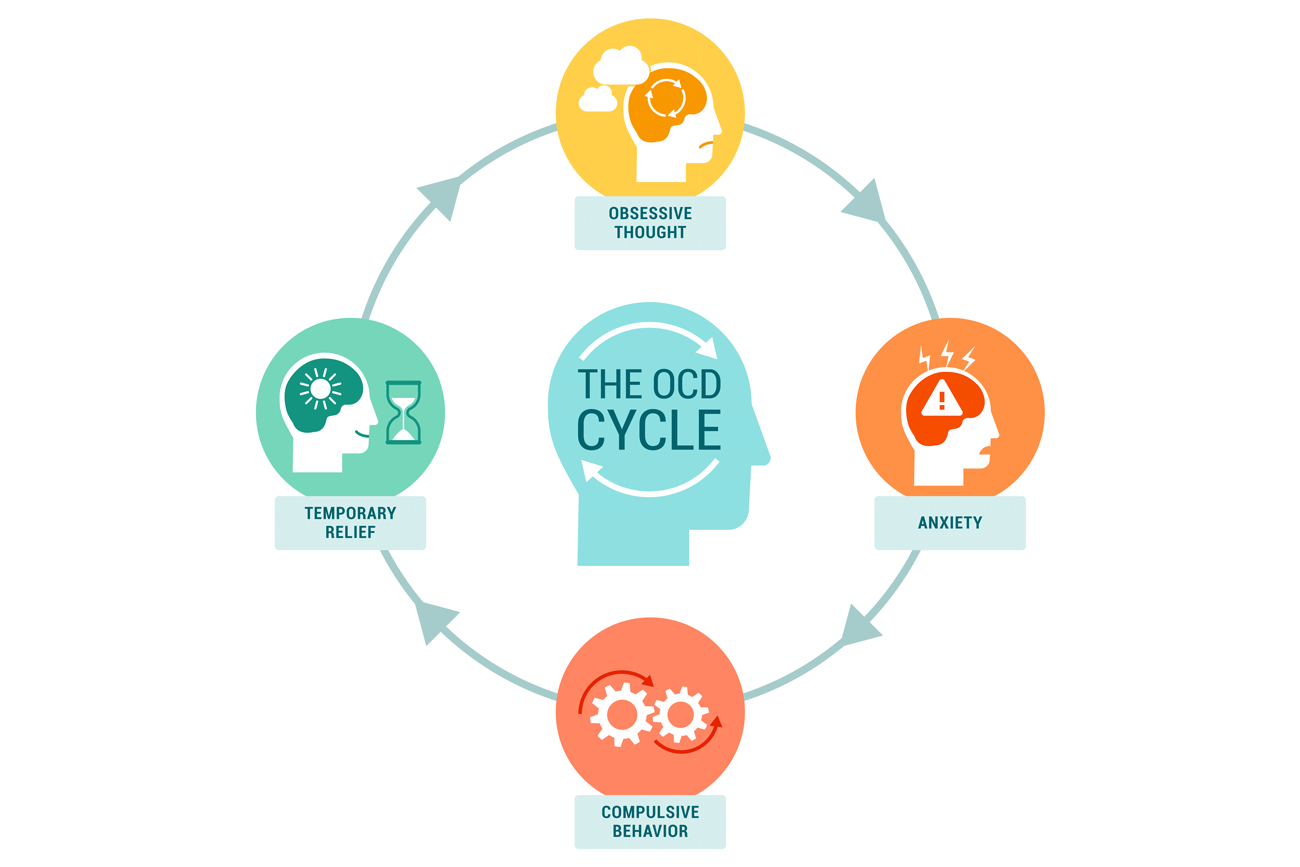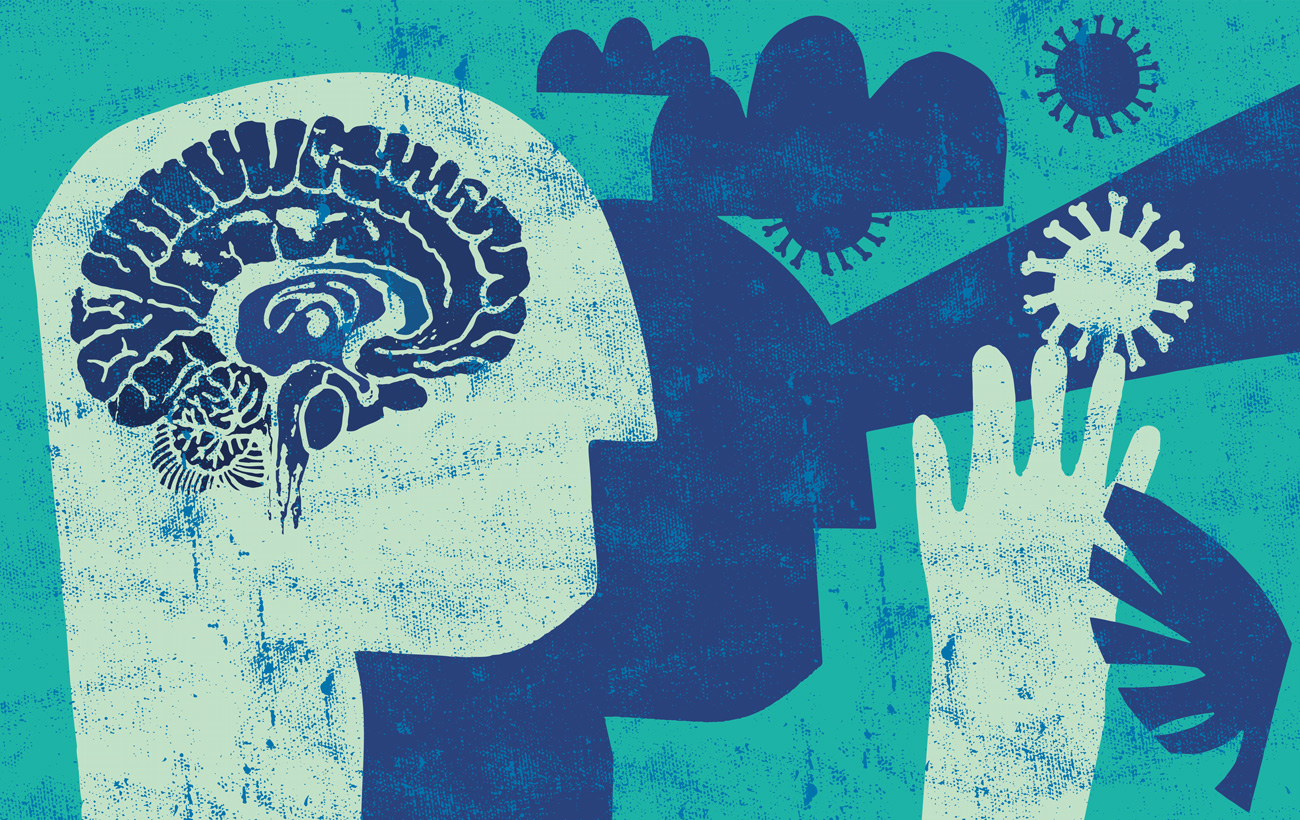According to an NHS Digital survey, children’s mental health has not improved since 2020, when the first lockdown of the COVID-19 pandemic was imposed in the UK. Probable mental health disorders in 6 to 16 year olds and 17 to 19 year olds have increased by 11.6% and 17.4% respectively since 2017, with rates in both age groups remaining the same between 2020 and 2021. As a parent or carer, there are things you can do to make this difficult time easier for your child(ren) in order to help support their mental health, such as creating opportunities to communicate their worries, engaging them in routine and being aware of the signs of depression and other mental health disorders. We explain more. ...
There are many reasons why we automatically say ‘yes’ in response to a social invitation: fear of missing out (FOMO); obligations to friends or family; pressure to keep up appearances; fear of being alone with oneself. Whatever the reason, this need to say ‘yes’ could be doing more harm than good to your mental health. In this article, we look at why we find it so hard to say ‘no’, the benefits of focusing on yourself, and even how to say ‘no’ when you find it tough to do so....
The words ‘self care’ are bandied around a lot these days, so much so that it has become one of the latest buzzwords in the media. However, while much of the coverage surrounding self care links to bubble baths, blow-dries and spa days – activities that may bring physical and mental relaxation in the short term – there is much to be said for exercises that target mental health with the aim of improving wellbeing in the long term. Learn how you can engage in self care to really benefit your mental wellbeing....
Around 750,000 people in the UK are living with severe OCD that impacts everyday life. The misinformation and portrayal of this condition in the media can lead a person who suffers from OCD to feel alienated, frustrated and misunderstood. Here, we take a look at the myths and explain what OCD really is....
Depression is an unfortunately common mental health condition, being the most prominent mental health problem worldwide. It is likely that someone you know has depression, or has been depressed in the past, without you even knowing it; this is because the symptoms of depression, as well as the severity of such symptoms, vary from person to person. However, it is important to educate yourself on the signs, now more than ever, as one in five adults have experienced some form of depression during the pandemic (more than double the figures reported before March 2020). ...
The number of self-reported mental health issues has increased since the beginning of the pandemic, with the number of adults experiencing some form of depression rising from 19% in June 2020, to 21% by the third lockdown (December 2020 to March 2021). We look at how the pandemic has affected, and still continues to affect, daily life, and how this is linked to a national rise in mental health issues....
Perinatal mental illnesses affect 10 to 20% of women during pregnancy or in the first year after giving birth. In this blog post, we explore the different perinatal mental health issues that new mothers may face, as well as the causes, how to help, and more. ...
We often associate loneliness with the elderly or those who have undergone bereavement; however, while this is often true for people in these circumstances, loneliness is not exclusive to these groups. Often, it can affect those with busy lives, high flying jobs and buzzing social circles....
As Mental Health Awareness Week takes place across the UK, we look at this year’s theme of ‘nature’, and how it can make a difference to mental wellbeing. ...
If you, or someone you know, is struggling with alcohol addiction, now may be a particularly difficult time. With the pandemic restrictions easing, retail and hospitality venues are once again reopening after lockdown, and these new freedoms may trigger those with dependencies. However, it is important to remember that help is available to support you in navigating the easing of lockdown without the consumption of alcohol. We explore the options for support, and advice about how to stay on the road to recovery as lockdown restrictions ease....












